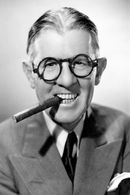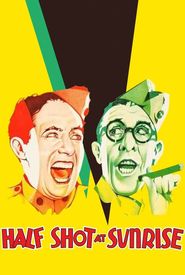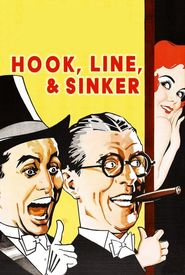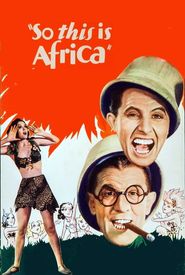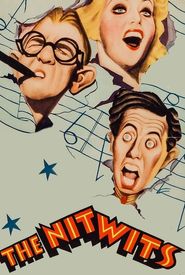At the tender age of seven, Robert's life was forever changed when his father's untimely passing left his mother, burdened with the care of six young children, struggling to make ends meet. Tragedy struck once more as four of Robert's siblings succumbed to the harsh realities of poverty in their early years.
Determined to contribute to the family's well-being, Robert took on various odd jobs to supplement his family's meager income. His early entrepreneurial spirit and strong work ethic would serve him well in his future endeavors. As he entered his teenage years, Robert's passion for horses led him to pursue a career as a jockey.
However, fate had other plans. While riding the esteemed Pink Star, a future Kentucky Derby winner, Robert suffered a devastating leg injury, forcing him to abandon his equestrian pursuits. He then found employment as a bellboy at the Hotel Sinton in Cincinnati, Ohio, where he crossed paths with actors who recognized his natural comedic talent.
Intrigued by the world of entertainment, Robert joined several vaudeville companies, touring not only North America but also the British Empire. Around 1917, he tied the knot with an eccentric dancer, a union that would endure for many years.
Throughout the 1920s, Robert's career flourished. He appeared alongside W.C. Fields in "The Blue Kitten" in 1922 and also ventured into playwriting. His big break came in 1927 when he was signed to Florenz Ziegfeld Jr.'s "Rio Rita," where he partnered with Bert Wheeler. The duo's undeniable chemistry on stage led to a successful film adaptation, and they went on to collaborate on numerous pictures throughout the 1930s.
Despite their individual talents, Robert and Bert's solo movie endeavors met with limited success. Ultimately, Robert's health began to decline, and he was forced to retire from the entertainment industry. He passed away on October 31, 1938, succumbing to kidney disease.
